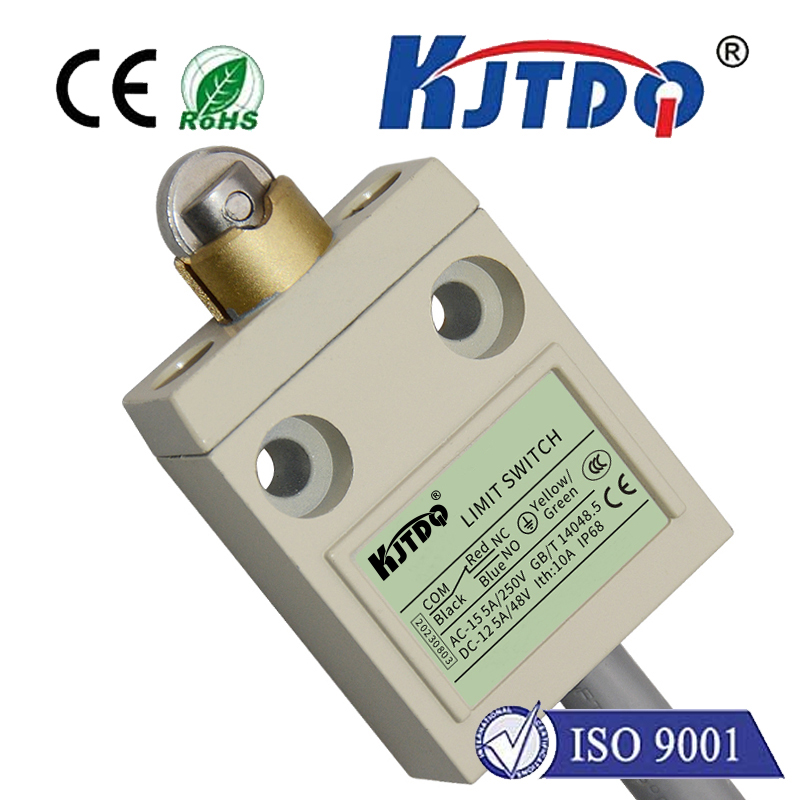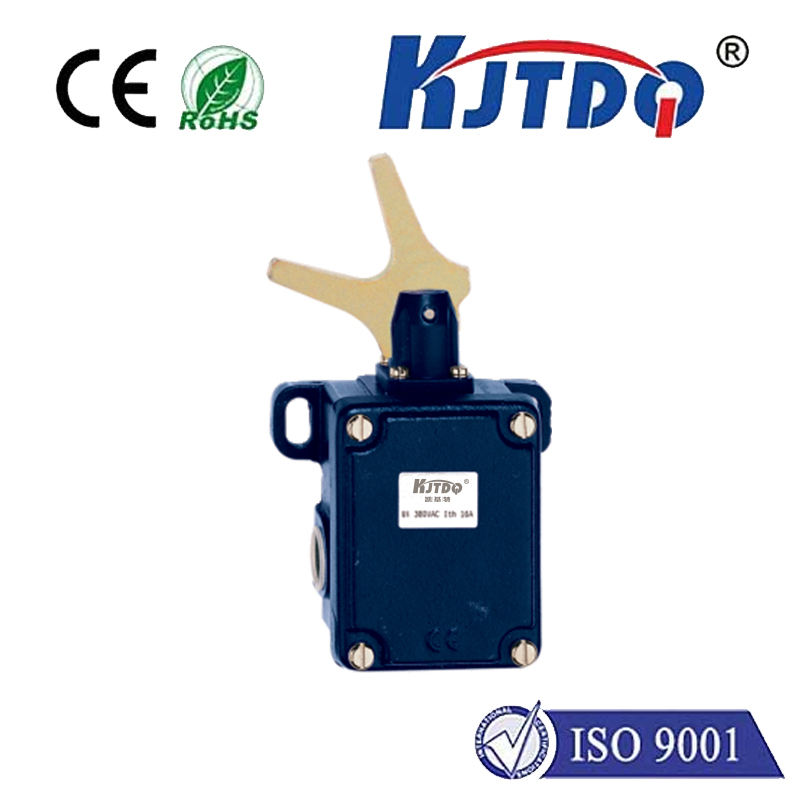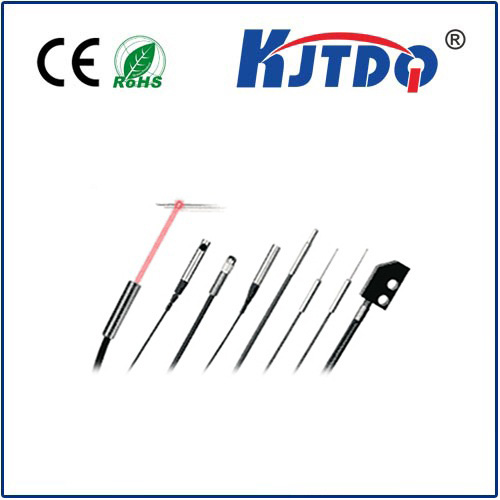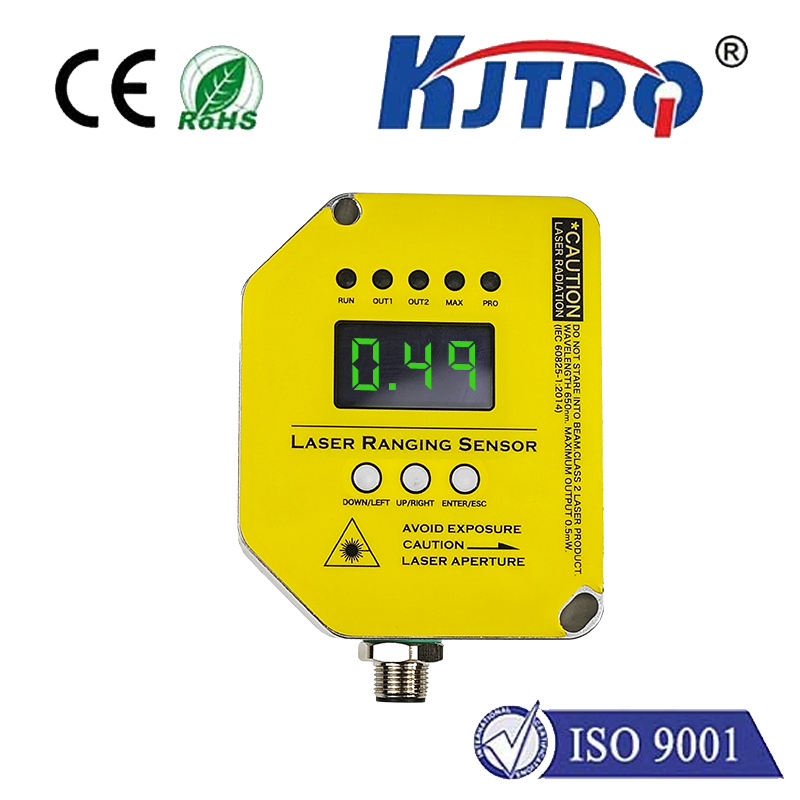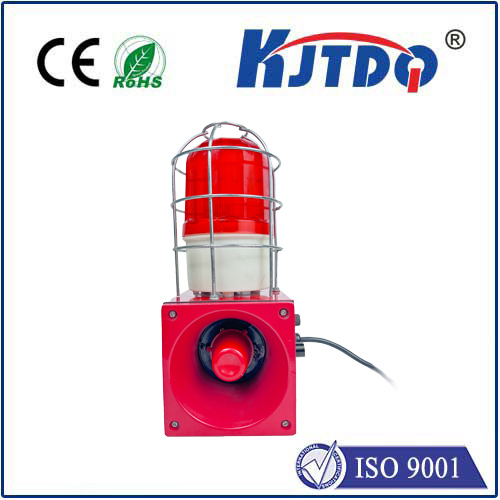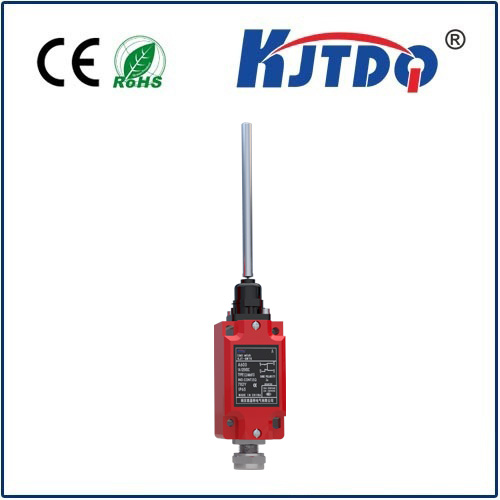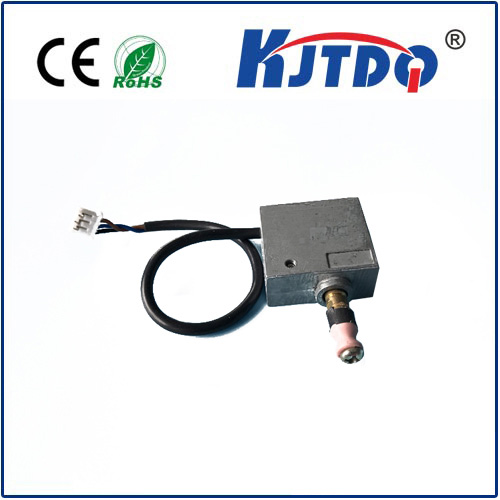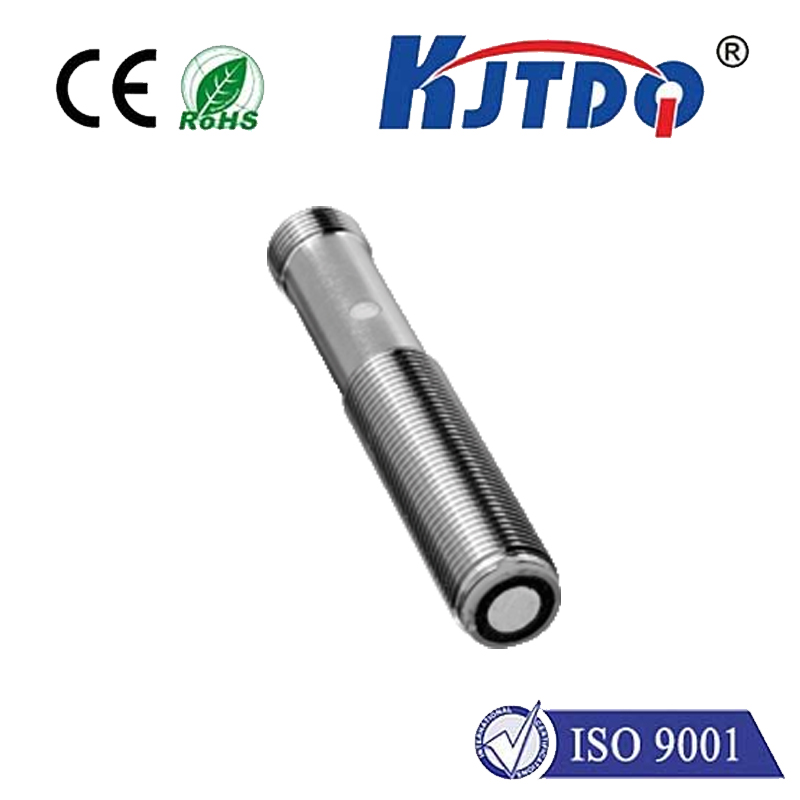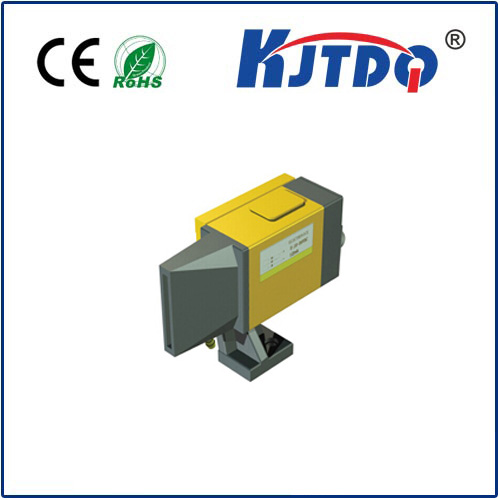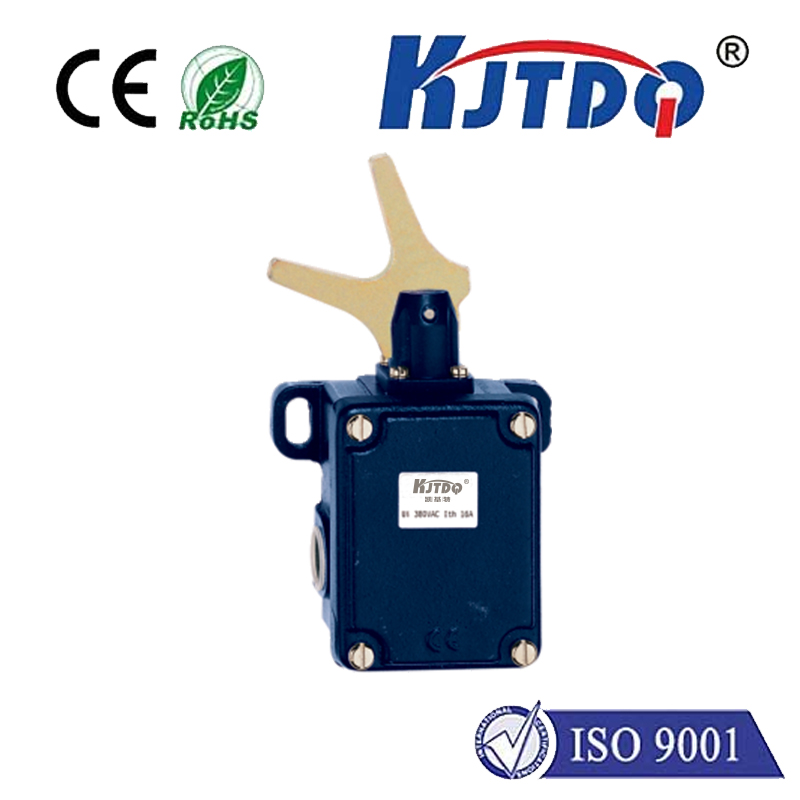
check

check

check

check
Title: The Revolutionary Impact of Laser Light Detectors in Modern Technology
The realm of modern technology has always been driven by advancements that not only make our lives easier but also open up new dimensions in scientific research and industrial applications. One such breakthrough is the development and implementation of laser light detectors, which have revolutionized various fields ranging from healthcare to telecommunications. This article aims to elucidate the significant impact of laser light detectors, shedding light on their functionalities and importance across different sectors.
Laser light detectors operate on the principle of sensing light emitted by a laser source. These devices are designed to detect the presence or absence of laser light and can even measure specific characteristics such as intensity, frequency, and phase. The sensitivity and precision with which these detectors function make them crucial tools in numerous technological processes.

In the medical field, laser light detectors play an indispensable role in diagnostic procedures such as laser spectroscopy. They aid in detecting subtle changes in tissues, which can be indicative of potential health issues. Furthermore, during surgeries, these detectors assist in guiding surgeons by providing real-time information about tissue interactions with the laser.
Industrial applications of laser light detectors extend into areas such as quality control in manufacturing processes. For example, they are used to inspect and monitor products for any defects or irregularities, ensuring high standards are maintained. Additionally, laser detection systems are integral to safety protocols in industries handling hazardous materials, where they can detect leaks or improper containment.
Another notable application lies within the realm of environmental monitoring. Laser light detectors can measure atmospheric constituents, such as pollution levels, providing data essential for air quality assessments. This data is instrumental in formulating policies aimed at reducing environmental degradation and improving public health.
Communication technologies also heavily depend on laser light detectors. In fiber-optic communications, these devices are crucial for converting light pulses back into electrical signals, thus ensuring clear and reliable transmission of data over vast distances. Their efficiency has significantly contributed to the rapid expansion and reliability of internet infrastructure worldwide.
Moreover, laser light detectors have found utility in scientific research, enabling precise measurements and experiments that would otherwise be challenging. Researchers use them to study phenomena on microscopic scales, furthering our understanding of quantum mechanics and optics.
Lastly, in the field of defense and security, laser light detectors have become critical components in systems designed to detect threats such as incoming projectiles or unauthorized surveillance activities. They contribute to enhanced protection and surveillance capabilities that are vital for national security operations.
In conclusion, laser light detectors stand as a testament to the power of modern technological innovation. Their ability to sense and interpret laser light with such precision facilitates groundbreaking advancements in various sectors. From improving health outcomes and industrial efficiency to enhancing global communication and safeguarding our environment and security, the repercussions of their deployment are profound and far-reaching. As we continue to explore the possibilities of this technology, it is evident that the future will hold even more exciting applications for laser light detectors.
